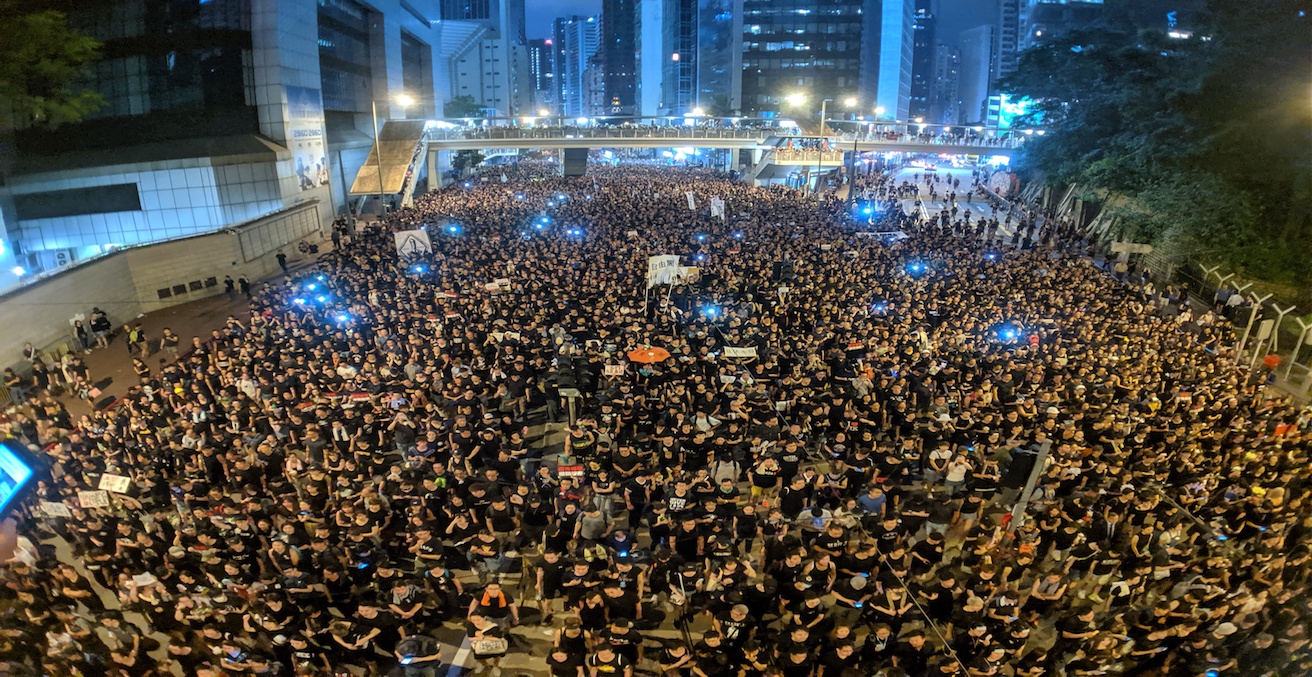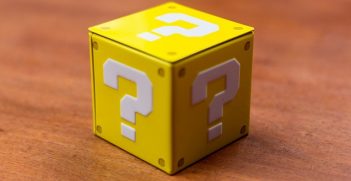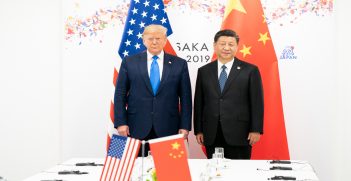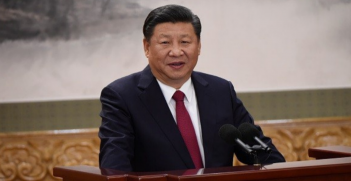Hong Kong: Beyond Chinese Ideology

When China looks at Hong Kong, political ideology takes a back seat to a Chinese emphasis on unity.
When Chinese armed personnel carriers rolled through Hong Kong, the majority of Hongkongers and Western media expressed concerns over the outbreak of another 4 June incident. US Vice President Mike Pence noted that the chances of reaching a trade with China will decline if there is clear evidence go human rights violations in Hong Kong. From the perspective of the West, there seems to be a war between democratic values and authoritarianism in Hong Kong. What does this mean for China and why are there a growing amount of Chinese patriots against Hong Kong protestors? Is it possible to say that they are all funded by the Chinese government.
I believe that in China’s perspective, the Hong Kong protests are different to the incident at Tiananmen Square. People may refer to the latter as an ideological battle, but the former is solely focused on China’s quest for unification. China has been ruled by a centralised system since the reign of the Qin Dynasty, with the same characters, language and measure standards. As history has shown, war in China usually leads to a division in identity. Moreover, civil war in China brings unimaginable violence because of the huge division in identity that emerges with such conflict. This might explain the thousands of years of national division in China. There is a general consensus in every Chinese mind: “domains under heaven, after a long period of division, tends to unite; after a long period of union, tends to divide.”
Such historical and political circumstances have led to a national feeling of historical helplessness because of everything beyond one’s control. Behind this emotion hides the fear of disasters due to dynasty collapse and craving for unification.
There is another off-record and not-verified anecdote that illustrates this. When Hu Jintao, the former president of China was a local chief leader in Tibet, there were riots for an independent Tibet. Hu sent local police to control the situation that later proved to be inadequate. He then asked the local military leader for help but the response was that the military leader needed approval from Beijing. At that time, Hu almost coerced the military leader to send in the army to quash the riot. He knew he broke the rule of Chinese government but it is worthwhile considering his apology to Beijing, as he would rather break the law than comment on the sins of history. It is arguable to say that in China, unification as concept is sometimes above the rule of law.
China has experienced national divisions since the First Opium War. This long-period of turmoil has strengthened the longing for stability. The Hong Kong protests attempts to go against this stability, regardless of any ideological correctness. According to a number of Chinese citizens and older-generation Hongkongers and Taiwanese, it is believed that a booming Chinese economy would allow individuals to live a decent life. However, it is clear that behind the ideological disputes in Hong Kong, there is an inherent economic rationale — the economic boom of China outshines Hong Kong and the position of Hong Kong as an international commercial metropolis has diminished since the rise of other Chinese big cities. For example, Shenzhen, a poor little town in close proximity to Hong Kong has surpassed neighbouring Hong Kong’s GDP since 2017.
Hong Kong lost its economic superiority compared to its previously poor mainlanders. Currently, its ideology is facing assimilation from mainland China. How could they not be angry? Every polity needs some reasons to support their identity, but at present their economic rationale is growing weaker. Of course, it is reasonable to say a number of Chinese rich people’s bad manners in Hong Kong have exacerbated the separation between Hong Kong and mainland China. “How could I call myself Chinese, if Chinese behave like that?” I have heard thousands of complaints from Hong Kong friends, but I would question how one is meant to expect a nation that largely eliminated famine and starvation only thirty years ago behave the same way as nations that have not experienced such misery in the recent past? We probably need to give mainlanders more time. In other words, how is China expected to become more concerned about human rights, when their recent concerns have been much more practical?
Yuan Jiang is a Chinese PhD student with a Russian background, Digital Media Research Centre, Queensland University of Technology and former special correspondent in Global Times, Asia Weekly and Pengpai News.
This article is published under a Creative Commons Licence and may be republished with attribution.





